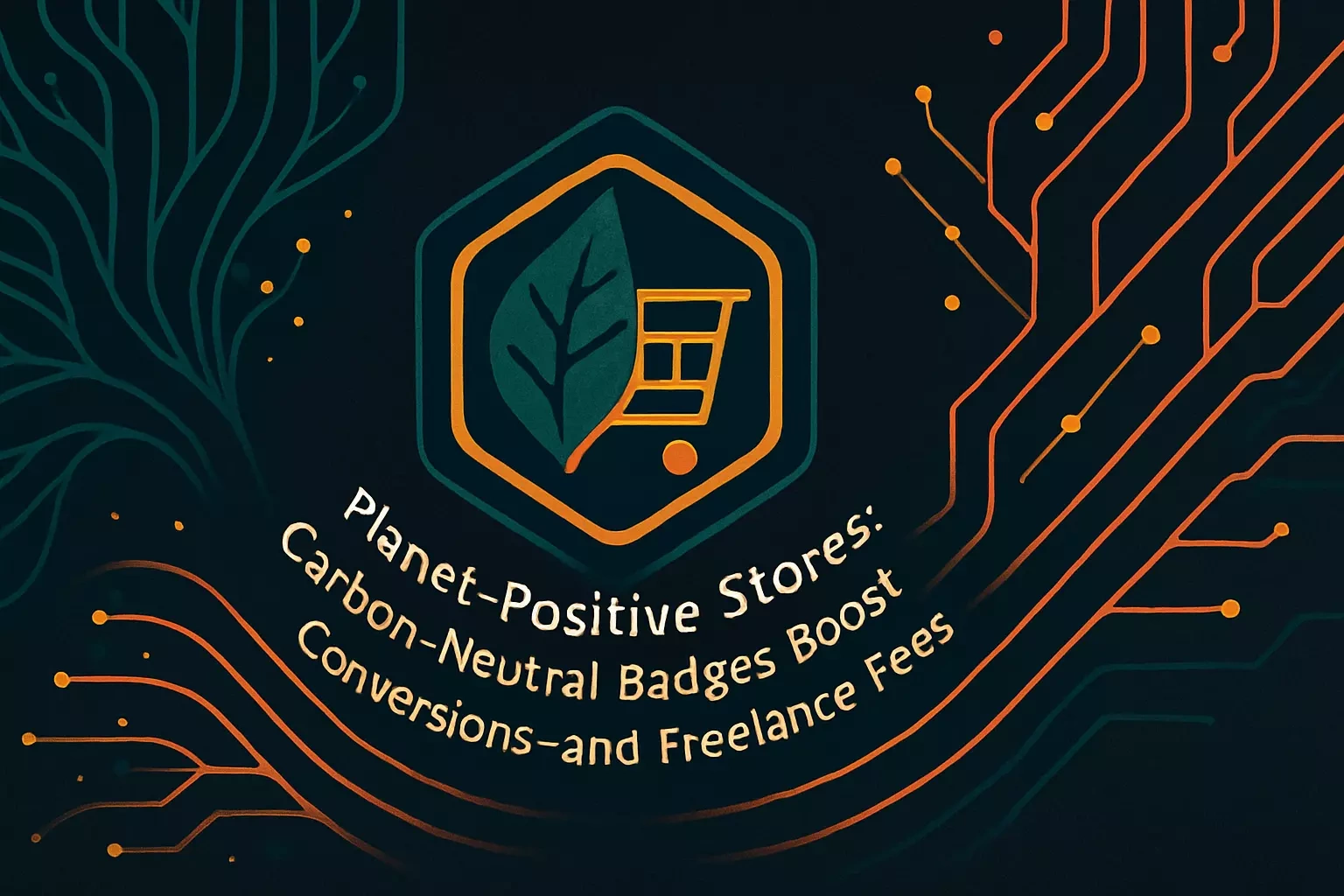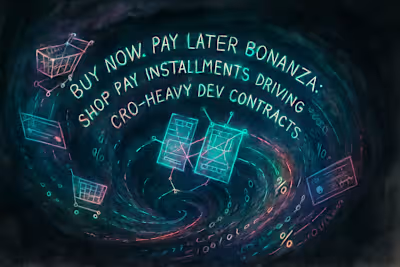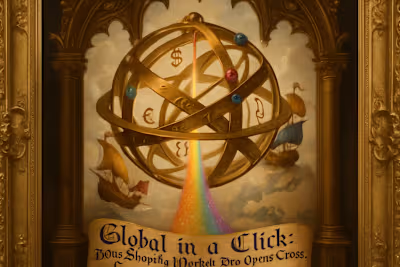Planet-Positive Stores: Carbon-Neutral Badges That Boost Conversions—and Freelance Fees

Planet-Positive Stores: Carbon-Neutral Badges That Boost Conversions—and Freelance Fees
The Rise of the Conscious Consumer
Data-Backed Demand for Sustainable Brands
Beyond a Trend: Building Brand Trust
Introducing the Shopify Planet App
How Planet Works: Funding Carbon Removal
The Cost of Going Carbon-Neutral
The Impact Dashboard
The Developer's Role in Building a Planet-Positive Store
Implementation and Configuration
Customizing and Placing Sustainability Badges
Creating a Sustainability-Focused Landing Page
Marketing Your Sustainability Services
Adding 'Sustainable E-commerce' to Your Skillset
Pitching Existing Clients
Conclusion
References
Planet-Positive Stores: Carbon-Neutral Badges That Boost Conversions—and Freelance Fees
The Rise of the Conscious Consumer
Data-Backed Demand for Sustainable Brands
Beyond a Trend: Building Brand Trust
Introducing the Shopify Planet App
How Planet Works: Funding Carbon Removal
The Cost of Going Carbon-Neutral
The Impact Dashboard
The Developer's Role in Building a Planet-Positive Store
Implementation and Configuration
Customizing and Placing Sustainability Badges
Creating a Sustainability-Focused Landing Page
Marketing Your Sustainability Services
Adding 'Sustainable E-commerce' to Your Skillset
Pitching Existing Clients
Conclusion
References
Posted Jun 19, 2025
Sustainability sells. Learn how to leverage Shopify's Planet app to offer carbon-neutral shipping, enhance a store's brand image, and create a valuable new service for your freelance clients.







